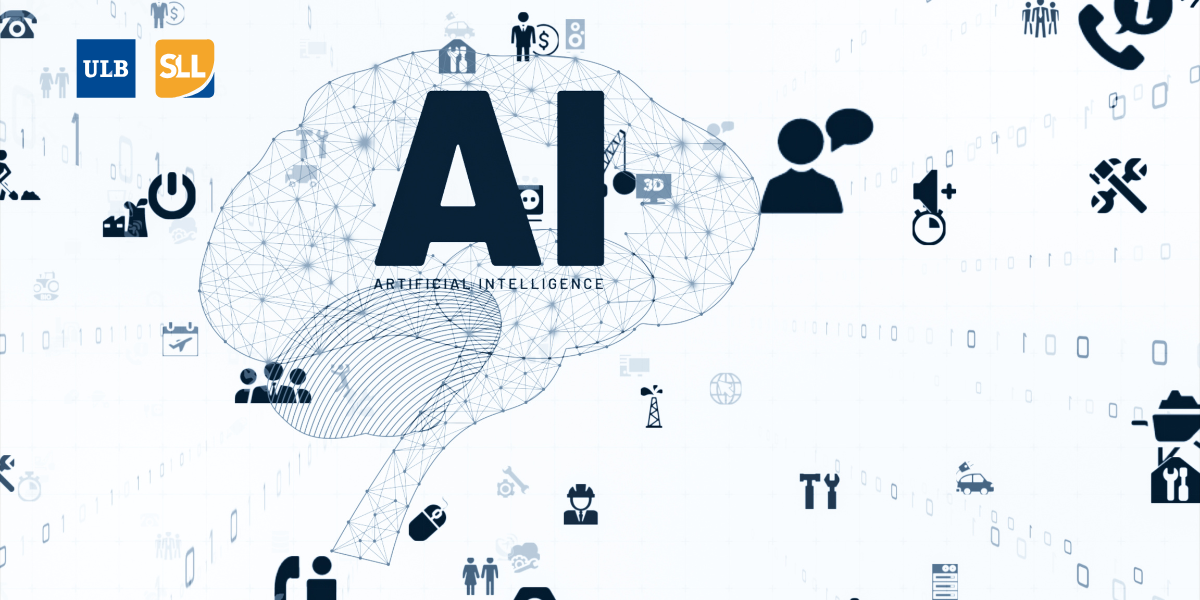Learn more about us.
How associations can remain digitally competitive and bring added value to their members: the cases of ESC and ESTRO

Alessandro Cortese |Author
Alessandro is CEO at ESTRO - Co-Academic Director of EMIAM and Lecturer at Solvay School of Economics & Management

Stay connected
Never miss the latest insights, blogs and news. Subscribe to our newsletter.
As the economic – and sanitary – landscape continues to change, associations are experiencing a transformation in the way they do business and the way they engage with their stakeholders. The tools and tactics applied in the effort of associations to engage their stakeholders during COVID-19 have played a critical role in the financial sustainment as well as the scientific continuity of their communities.
The evolution of the digital world has challenged their traditional value proposition. With digital transformation inevitably becoming the key factor in growth strategy henceforth, it is essential to observe the learnings its different applications have afforded us thus far.
In what ways do associations embrace a digital mindset to remain competitive and bring added value to their members?
Looking at how the European Society for Cardiology (ESC) and European Society for Radiotherapy and Oncology (ESTRO) engaged their stakeholders and adapted to the new business reality proves relevant beyond the medical field. Today we take a look at how two different strategic pathways have led to significantly varied results. A feature by Alessandro Cortese, co- Academic Director and Lecturer in the Executive Master in International Association Management.
As seen from the strategic pathways the European Society for Cardiology and the European Society for Radiotherapy and Oncology followed in 2020, the main asset to be preserved through this trying period, hence what drove the consequent changes, was the scientific content – the digital adaptation of which was meant to maintain the value and ‘flavour’ of physical events, as opposed to pursuing a simplified format for the distribution of the content. However, the business models of the two societies varied significantly in their adaptive strategies.
Two different business models
ESC focused on value creation and maximisation of benefits through attracting larger audiences, manifested through the abolition of registration fees and the instatement of sponsored sessions instead of their customary commercial exhibition. The choice of investing in the growth of the community gave birth to a novel perception by new groups of the professional benefit of attending the ESC congress. The result was a factorial growth of attendance globally, and, in short, an accession in the community - potentially consolidating progress and extending financial sustainability.
On the other hand, ESTRO opted to maintain the traditional revenue model by adapting the fees to the digital format and providing digital opportunities around traditional formats, in general. Through this strategy, around half the attendees and revenue were maintained, nevertheless allowing to sustain the continuity of most non-revenue generating activities.
In the end, both communities expressed the irreplaceable value of physical events and networking, regardless of the efficient digital adaptability of the audiences. What appears to be in the plans for the future, in both cases, is a transition to hybrid-type events, although the effects of their different 2020 strategic pathways remain to be seen in the fullness of time. While, in the long run, the two approaches may well be converging into a similar evolution of the pre-COVID congress model, blending live and digital components, it will be interesting to observe whether the different choices adopted in 2020 will lead to different long-term results in terms of growth and retention of the communities served by the two Societies, with an important implication for their long-term relevancy.
Stay connected
Never miss the latest insights, blogs and news. Subscribe to our newsletter.

Newsletter subscription
Never miss the latest insights, blogs and news
Subscribe to our newsletter and never miss the latest insights, events and blogs.
What other people like
Related blogs

Alex is Executive consultant in digital transformation, business strategy and architecture of core business applications, specialising in growing privately-held, owner-managed European companies since 2004. He is an Adjunct Professor and Advisor for Digital Innovation and Transformation at Solvay Brussels School
30/01/25

Alex is Executive consultant in digital transformation, business strategy and architecture of core business applications, specialising in growing privately-held, owner-managed European companies since 2004. He is an Adjunct Professor and Advisor for Digital Innovation and Transformation at Solvay Brussels School
15/01/25

Marianna is the Content & Social Media Coordinator at Solvay Brussels School - Lifelong Learning.
1/11/21


